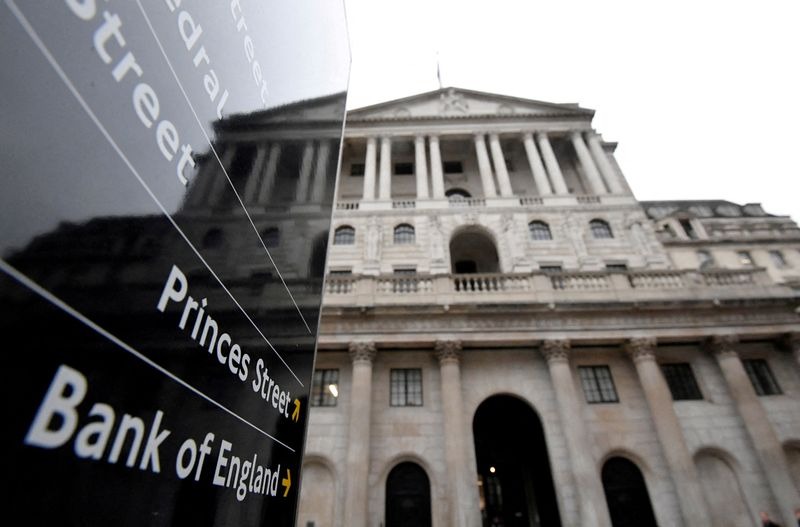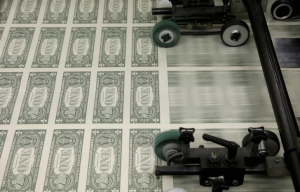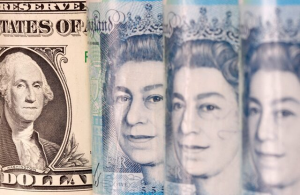The Bank of England cut interest rates Thursday in a bid to boost Britain's sluggish economy, although inflation pressures remained elevated.
The BOE cut its benchmark Bank Rate by 25 basis points, to 4.5% from 4.75%, easing rates for only the third time since just after the start of the COVID-19 pandemic in 2020.
BOE officials voted unanimously to reduce the key rate, after having voted 6-3 in December to keep policy unchanged.
The UK economy has barely grown since mid-2024, and potential headwinds are growing following finance minister Rachel Reeves' tax increases for employers as well as the risk of a global trade war led by US President Donald Trump.
However, Governor Andrew Bailey and his colleagues are in a difficult situation given inflationary pressures remain strong.
Inflation stood at 2.5% in December, above the BoE's 2% target, and higher domestic fuel costs could push consumer prices further upwards in the coming months.
Investors are pricing at least three quarter-point cuts by the end of 2025, and Bailey is likely to continue expressing a cautious data-dependent approach to future policy.
“We think wage growth is likely to slow to ~4.0% in 2025. A modest easing of labor market and wage growth would be consistent with a gradual quarterly cutting path by the BoE,” analysts at Bank of America Securities said, in a note.













